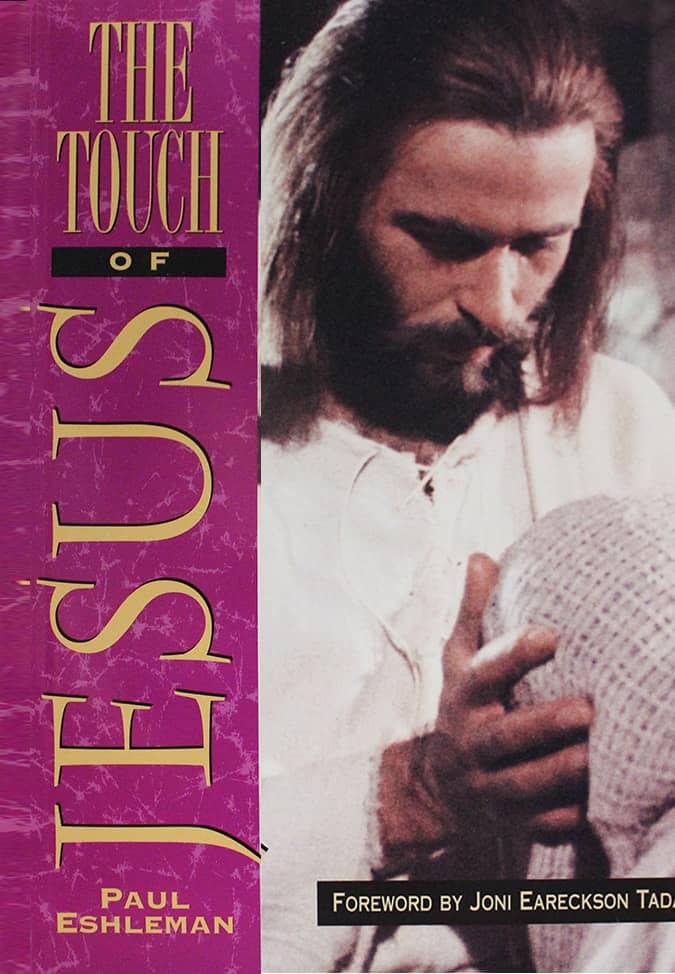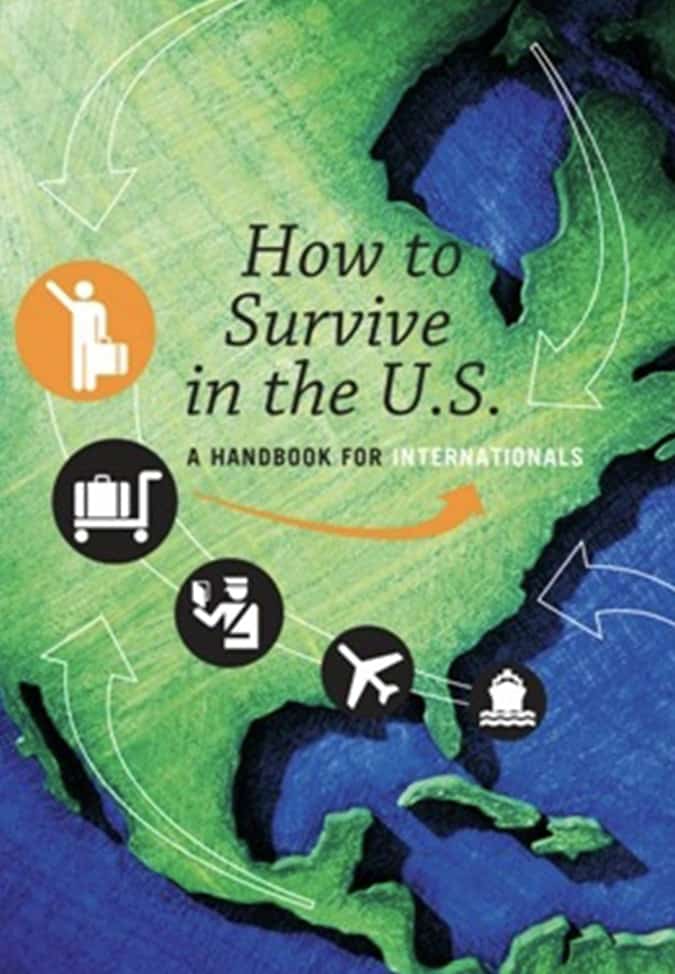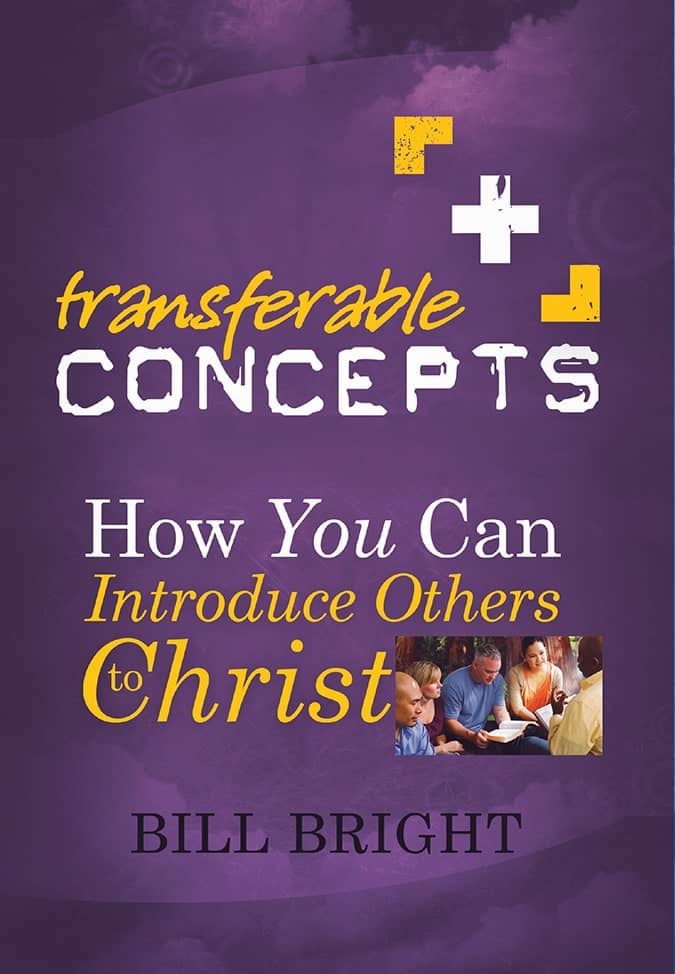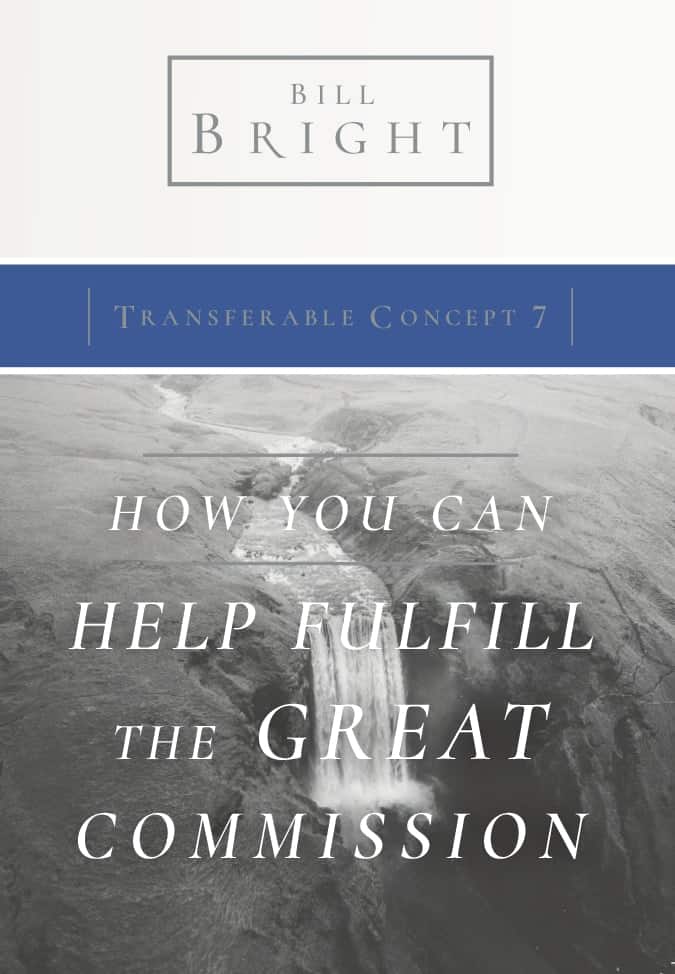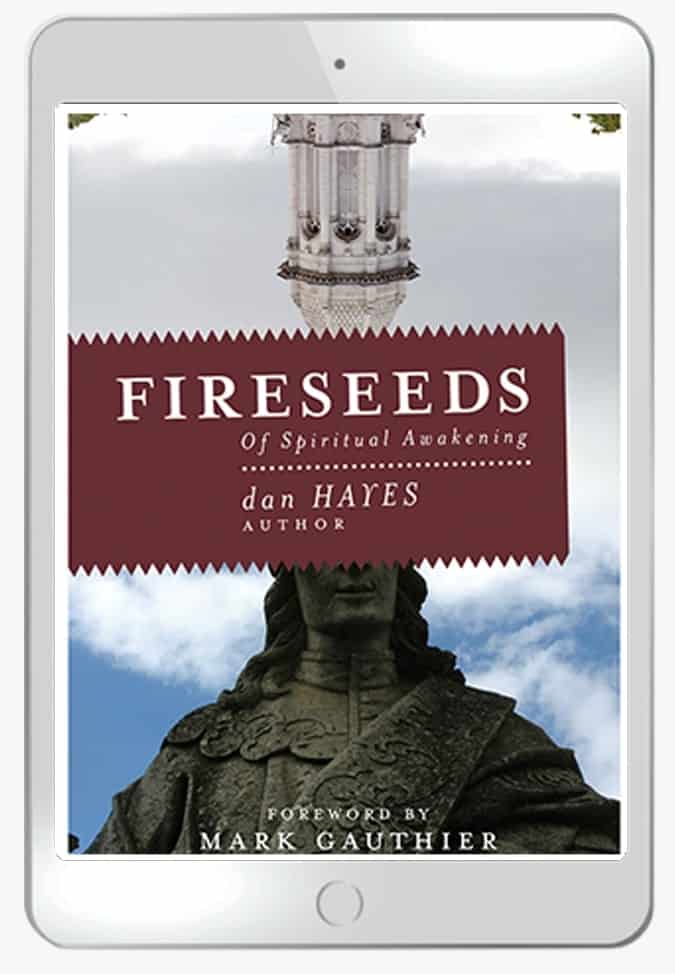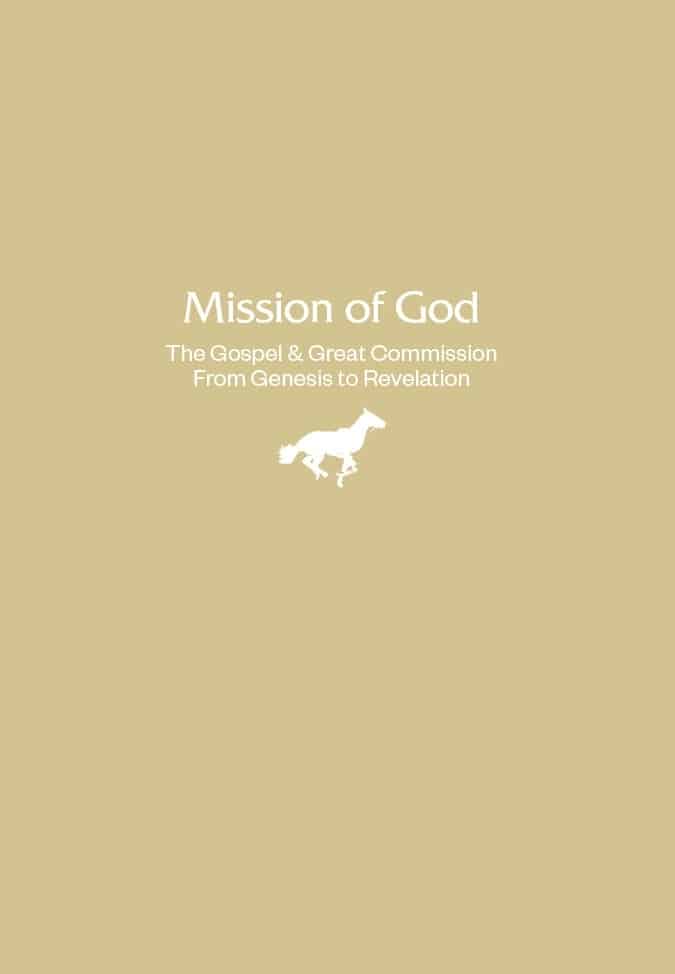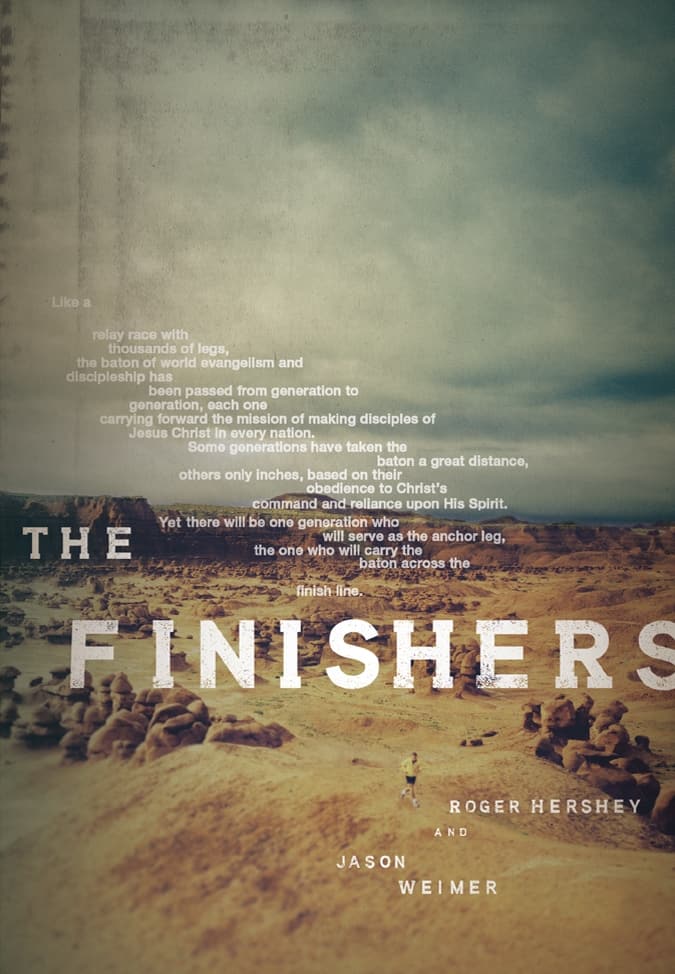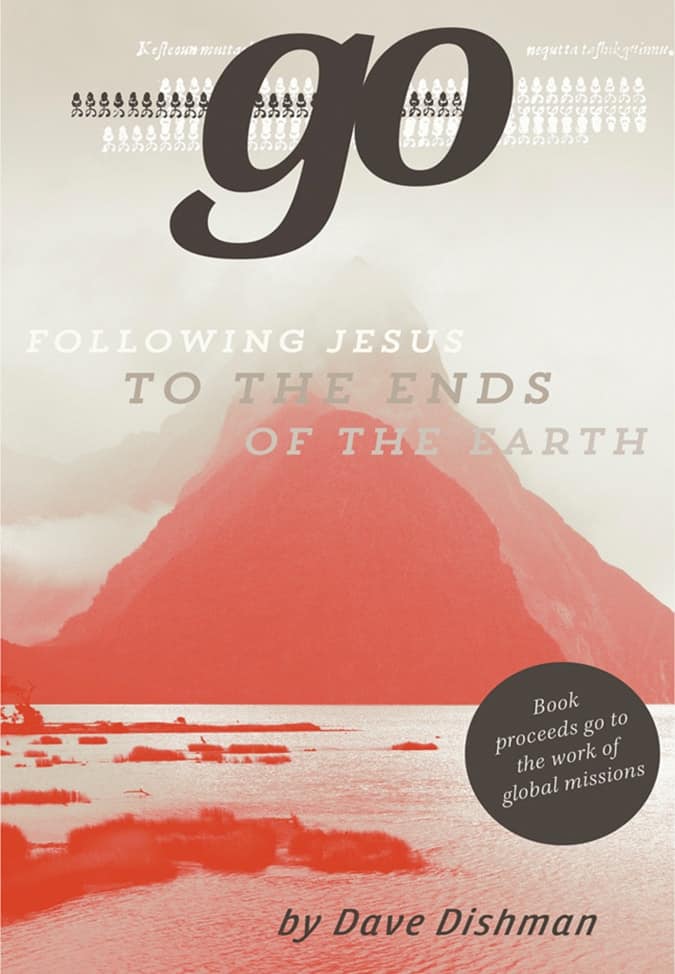Discerning God's Will
Dear Friend,
Like all of us, you are going to face an ever-increasing number of decisions. Life is full of decisions. Some are trivial and will be merely a matter of preference. Others will be moral and will test your character. But you will also face an increasing number of directional decisions that will determine what you will do in life, where you will go and even who you will do it with.
Your starting point will make all the difference. Approaching these decisions apart from God leaves you to rely on your own limited ability to gather the information, to consider the options and make your best guess at the outcomes. In a real sense, it is just that, a guess. For no one can know future or all the factors that will matter.
But when you trust God, there is a different path. It involves less deciding and more following – following the one who is all-knowing, all-loving, and all-powerful. According to Romans 12:2, his plan for us is “good” (there is no evil intent toward us), “pleasing” (we would genuinely desire it if we really understood it) and “perfect” (we could not improve on it if we tried).
In one sense, this beginning point is really the hardest decision you will have to make. Will you trust yourself and what you can discern and achieve (despite your obvious limitations)? Or, will you trust God for all that he has for you, with his infinite love and wisdom? (Mark 8:34-38)
But how do you follow unseen footsteps? How do you hear a silent voice? How do you know the guidance of God? There are six signposts in the Bible that God has consistently used to guide his people. I will pose them as questions that may prove helpful to you.
1. What does God’s Word say about the decision?This is not a search for some mysterious answer taken from a verse out of context. Rather, it is an attempt to view a decision through the lens of truth, seeing the issue from God’s perspective (Psalm 119:105). I will often write down a series of verses that help me think biblically about a decision.
2. What do I sense the Spirit impress on me while in intimate prayer regarding the decision?Again, there is a danger that I may misinterpret my thoughts for the Spirit’s prompting. So I never act solely on this basis. But I do pay attention to it, for this is where we enjoy the intimacy of our relationship with God. (1 Samuel 23:1-4)
3. What insights do I gain from the counsel of others?There are three kinds of counselors that I seek:
i. Those who know me and can help me understand myself.
ii. Those who know the situation and can give me valuable insight into what will be involved in the decision.
iii. Those who know God and will listen to me share the issues and provide me with a godly perspective. (Proverbs 15:22)
As we follow God, he orchestrates the details of our lives, opening and closing doors, bringing about opportunities, and preparing us for the road ahead. I try to pay attention for the evidence of God at work in my circumstances. (Romans 1:10-13)
5. What is my deepest desire regarding this?On the surface, I will have many different wants. But as I dig down, I find out what is really important to me. Most of the time, I have found that I ultimately desired what I later discovered to be God’s will. I am certain that this is because he is at work within, shaping the desires of our hearts (Philippians 2:13). But there will be those moments when, like Jesus in the garden, we must pray “not my will, but your will be done.” The path to God’s best will at times lead through pain and sacrifice.
6. What is the view of wisdom on this decision?Here I normally write out the pros and cons of each option. Then I ask, “Which of these factors are the most important?” (Proverbs 14:8, 15)
Through the years I have asked these questions over countless decisions. Normally I jot down my answers on paper or in a journal. I have found this important for at least two reasons. By writing them down, it protects me from “the tyranny of the most recent thought.”
Too often, our most recent thought will dominate our thinking and have the most influence (whether or not it merits that privilege). By writing things down I see the whole picture at once and can make an informed decision after looking at all the signposts together. This also gives me a record that I refer back to later. This can be especially helpful when the path gets difficult and I begin to wonder how I got here and why. I have often found great encouragement by looking back at the signposts of God’s guidance in the past.
Through the years, I have shared these principles with literally hundreds of students. I would be less than honest to say that there haven’t been those who have struggled deeply with their direction after seeking God’s guidance. But they have been relatively few and for a variety of reasons. On the other hand, I have known countless individuals who have expressed deep regret over decisions they have made while operating independent of God’s leading.
It only makes sense when you think about it—if there is a God who is all-knowing (thus knows what is best for us), all-loving (wants what is best for us) and all-powerful (able to lead us into what is best for us), then shouldn’t we trust him with all our hearts and seek his ways? That is my prayer for you as you begin the next chapter of your life.
Sincerely,
Keith A. Davy
Executive Director of Research & Development
Cru









